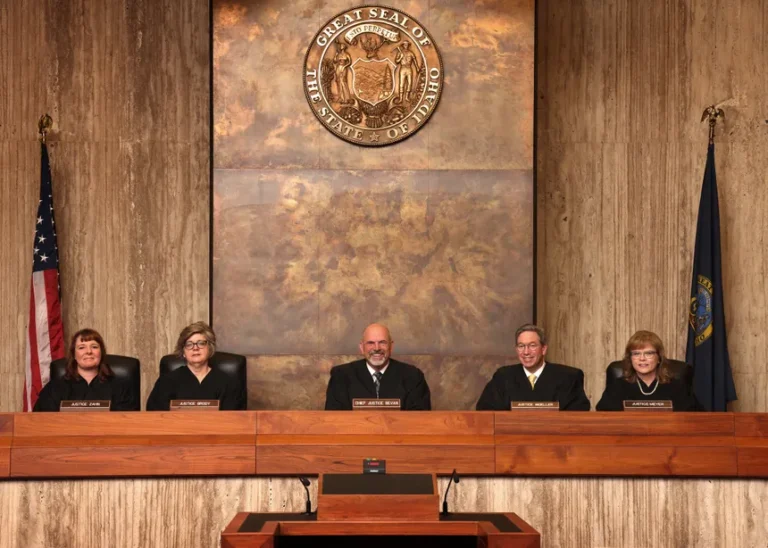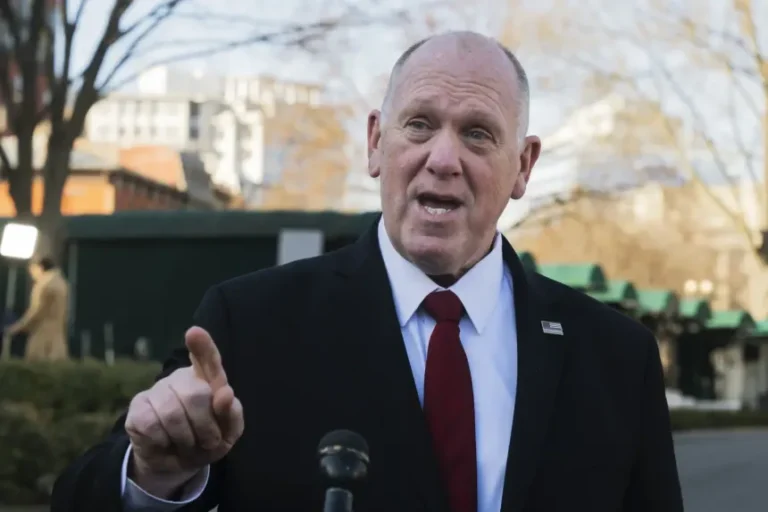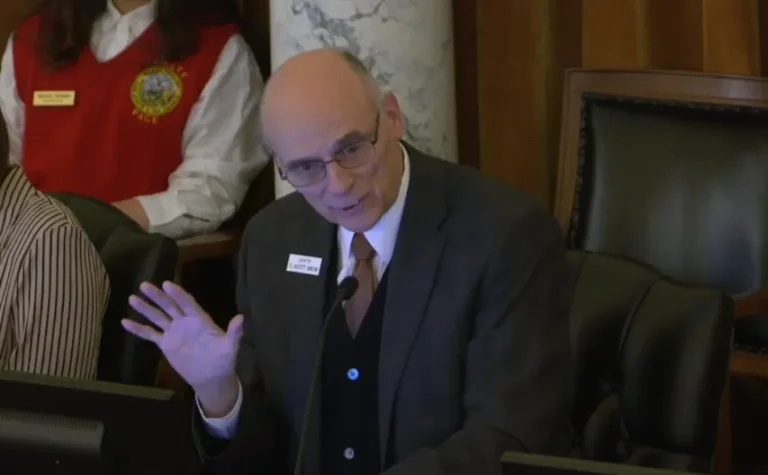
JOHANNESBURG, May 12, 2025 — A group of 49 Afrikaner refugees, descendants of early Dutch settlers in South Africa, departed Johannesburg Sunday evening aboard a U.S. government-chartered flight, the first wave of approved resettlement under an executive order signed by President Donald Trump in February.
The Afrikaners are expected to land at Dulles International Airport outside Washington, D.C., where they will be greeted by officials and refugee support staff from the Catholic Diocese of Virginia. According to documents reviewed by NPR, accommodations have been prepared to welcome the families, including food assistance and supplies for children.
After a press conference, the families will travel to resettlement locations across Minnesota, Idaho, and Nevada, where local organizations will assist them in transitioning to life in the United States.
Refuge from Targeted Violence and Uncertainty
President Trump’s order was issued in response to documented cases of violence, farm attacks, and what the administration described as systematic discrimination faced by minority Afrikaners in post-apartheid South Africa. Many of the arriving families previously expressed fears over rural insecurity, lack of police protection, and increasing political rhetoric targeting white landowners.
Though South African government officials and segments of the local media have dismissed the situation as exaggerated or politically motivated, many Afrikaners have told a different story — one of daily insecurity, property invasions, and political marginalization in a country still struggling with racial divisions decades after apartheid ended.
While exact figures are hard to verify, Afrikaner advocacy groups estimate hundreds of violent attacks against white farmers and rural communities occur annually, often with little justice or follow-up.
Pressing Need Met with Unusually Swift Action
The speed of the resettlement — just three months from executive order to transport — has drawn criticism from some quarters in the U.S. and South Africa, particularly those who question the narrative of persecution. However, refugee advocates supporting the families have pointed out that refugee status is not granted lightly, and that the accelerated approval reflects the seriousness of their situation.
“Many of these families are fleeing traumatic events and are seeking the chance to rebuild their lives in peace,” one caseworker involved in the process said anonymously.
Upon arrival, they will be placed in temporary housing, assisted by local organizations, and encouraged to begin work quickly. While their foreign professional qualifications may not be immediately transferable, the goal is to help them integrate and become self-sufficient.
Reaction from South Africa: Mixed and Politicized
The South African government, led by President Cyril Ramaphosa, has criticized the U.S. move, claiming that no legal basis exists under international refugee law. Presidential spokesman Vincent Magwenya accused Washington of undermining South Africa’s sovereignty and promoting what he called a “false narrative.”
Yet for many in the Afrikaner community, such dismissals only deepen their sense of isolation. While public perception in South Africa — across races — varies, not all white South Africans enjoy privilege or prosperity. Rising violent crime, deteriorating infrastructure, and economic stagnation have affected people across communities.
Looking Forward: A New Chapter
For the families arriving this week, the resettlement represents more than relocation. It is a chance to escape fear and uncertainty, and to find stability, dignity, and opportunity in a nation they have long admired. Many hope to resume farming or begin new careers, and to raise their children free from the threats they say they faced back home.
As President Trump put it in February:
“These are proud, self-reliant families who deserve safety and a fair shot. America will welcome them.”



